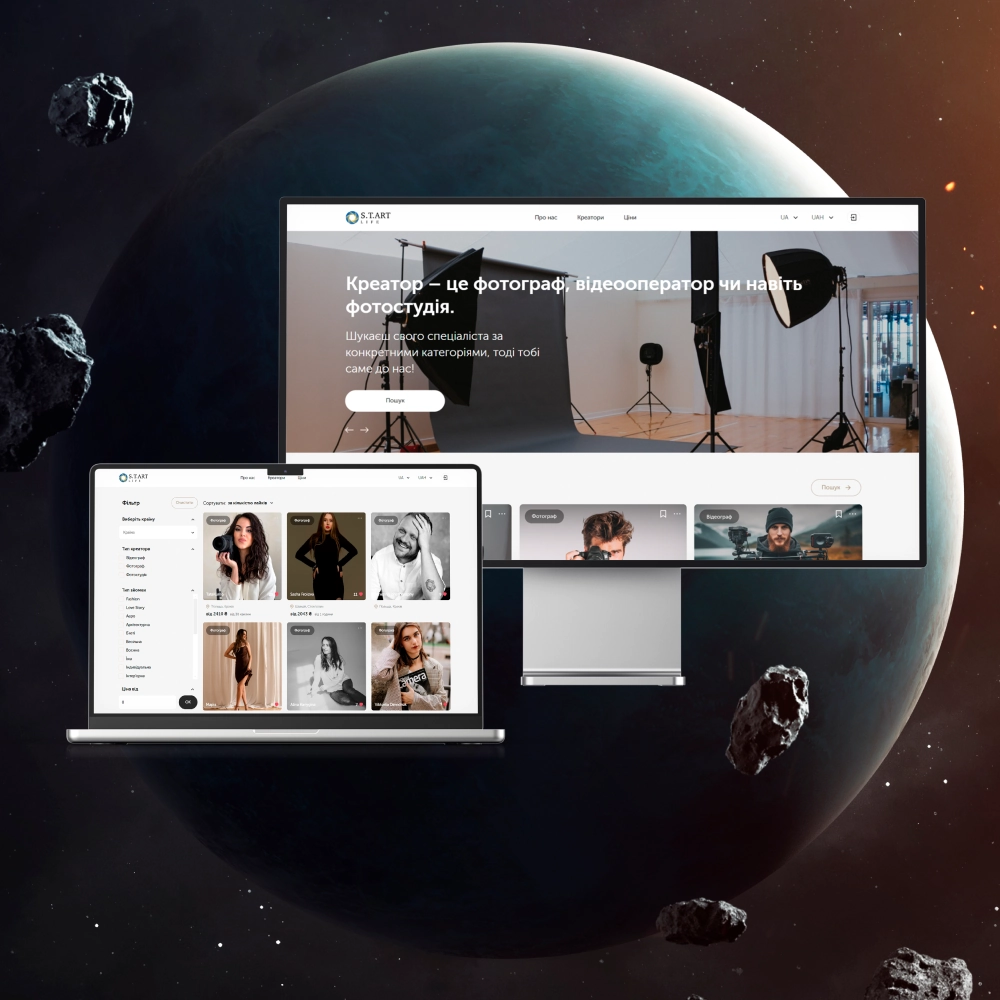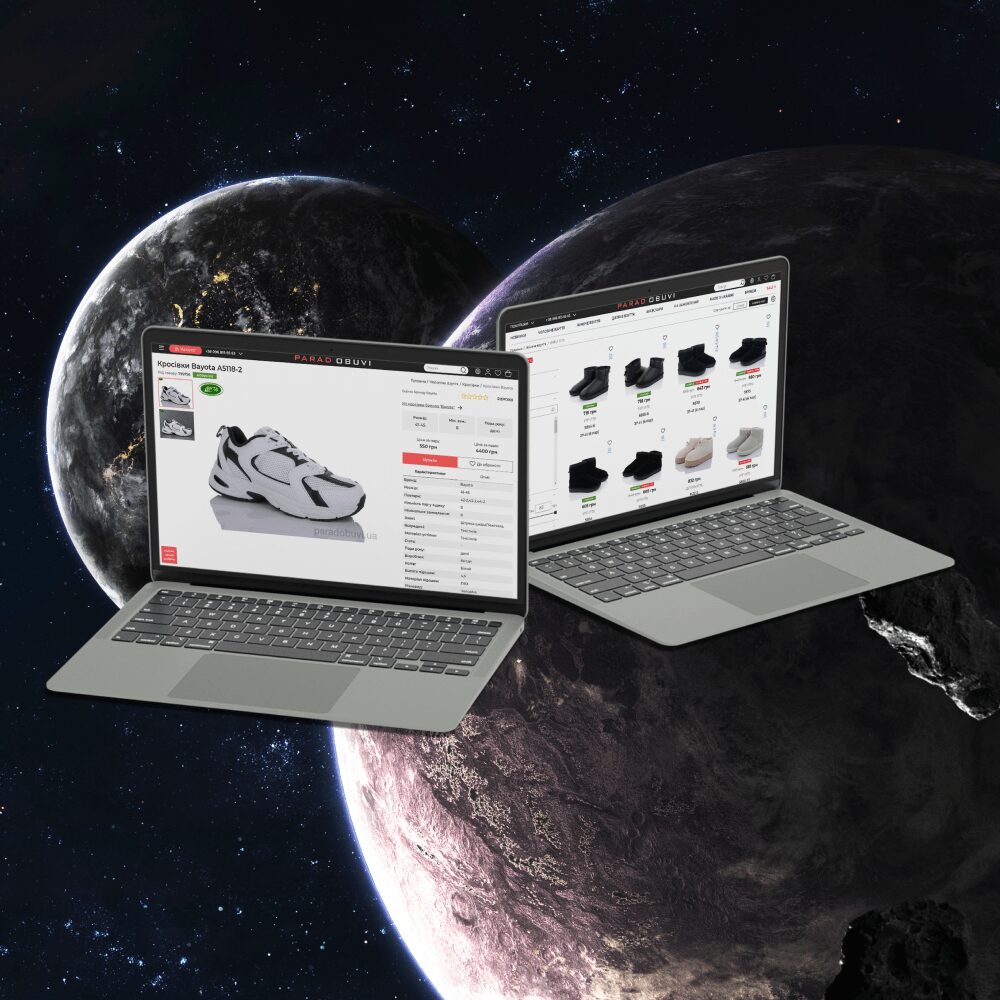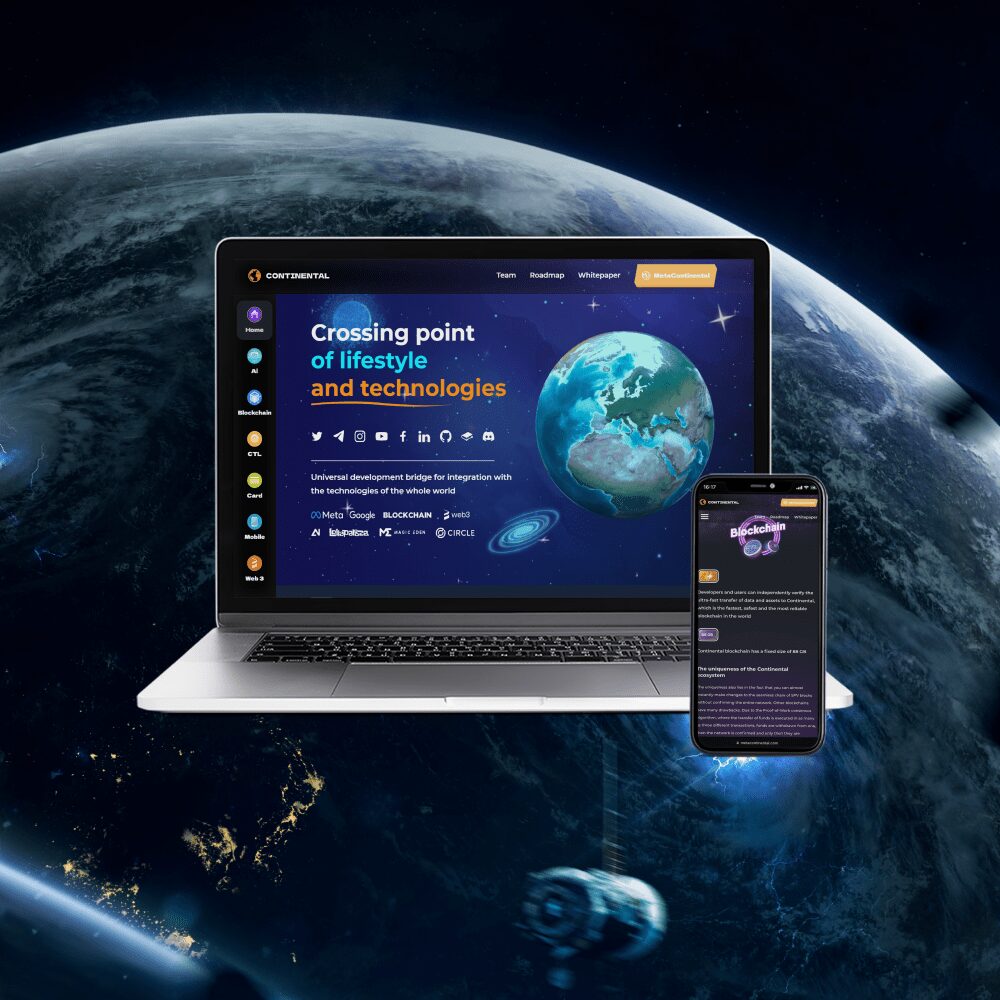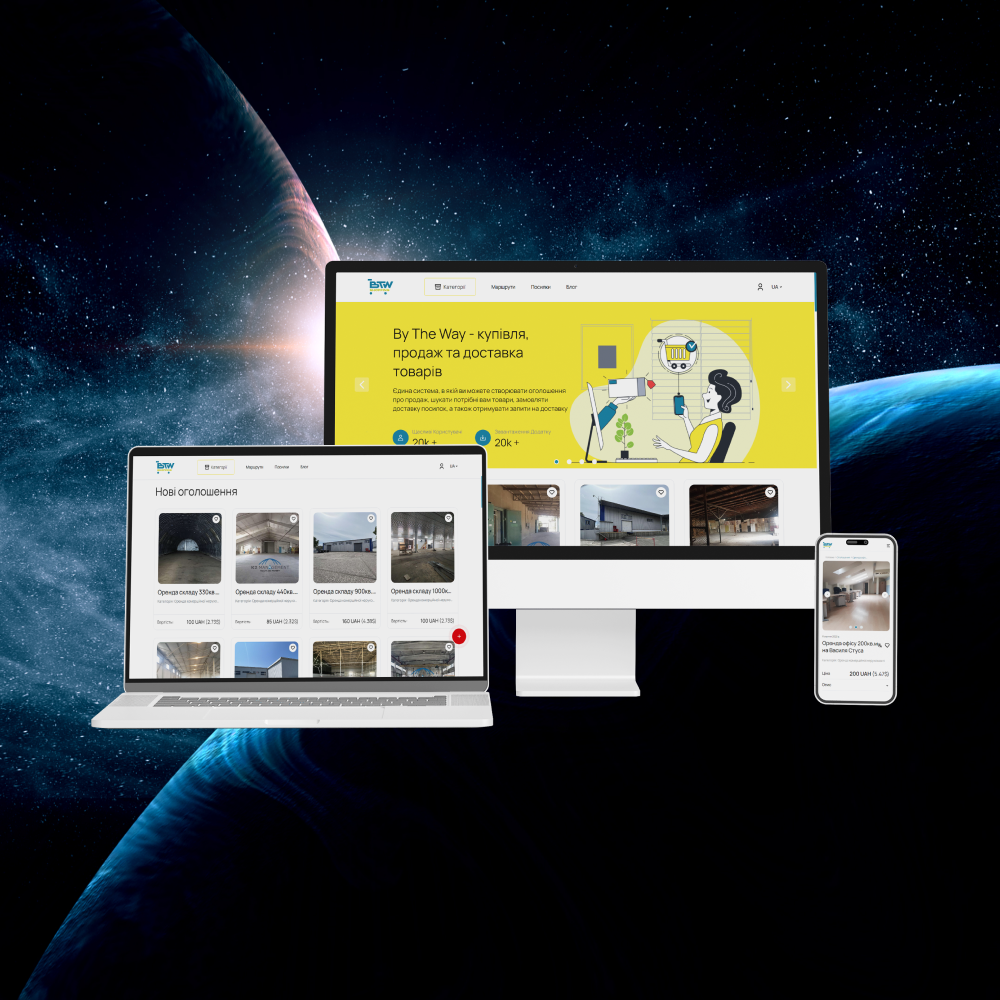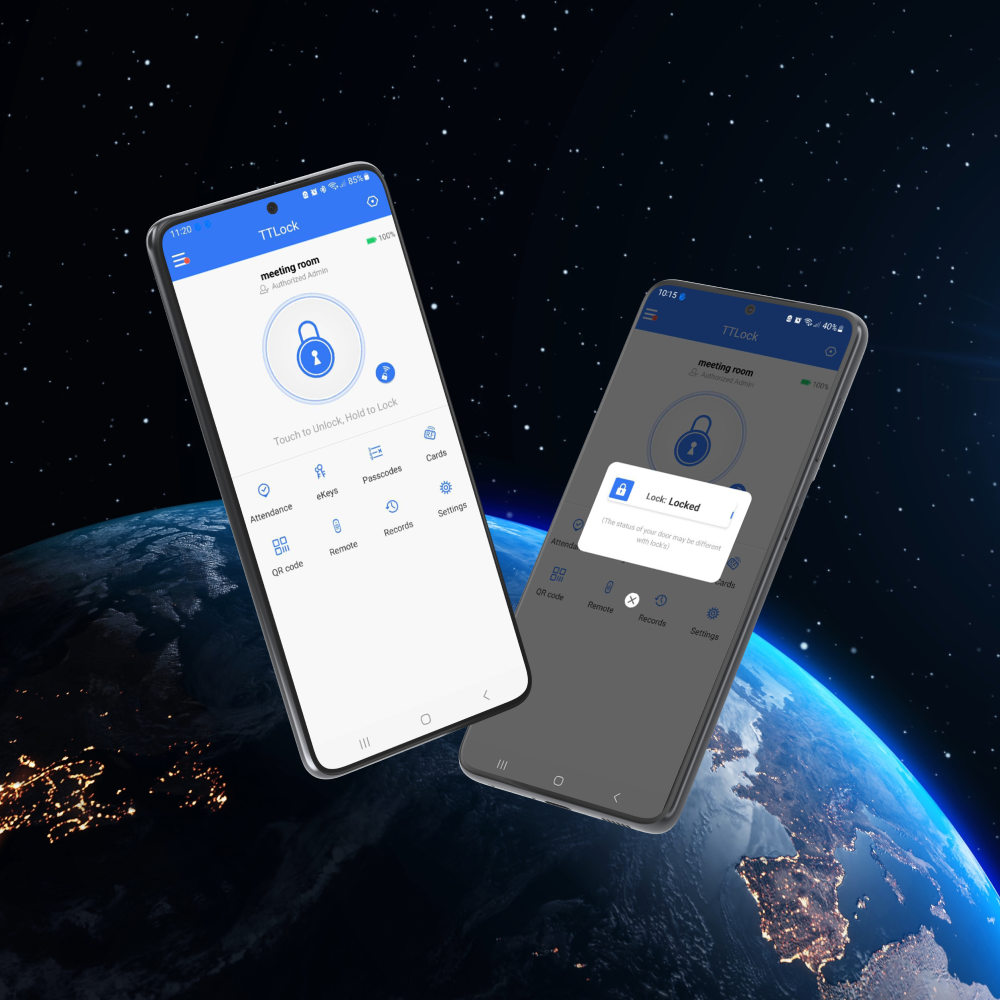Implementation of blockchain technology in the field of multimedia and entertainment
Implementation in the field of multimedia and entertainment
BlockchainImplementation in the field of multimedia and entertainment Blockchain
Today, the multimedia and entertainment industry is oversaturated with content, but due to illegal duplication, or simply piracy, authors annually lose from 11% to 24% of their income. In addition, centralized streaming services such as Apple Music and Spotify charge huge fees, further reducing their profits.
The introduction of blockchain technology will allow the market to get rid of these and many other problems, and in this article we propose to talk about exactly how.
What is blockchain
Technology DescriptionWhat is blockchain Technology Description
For many people, blockchain is associated with the mining of cryptocurrencies and the meteoric rise of Bitcoin. But in reality, this is a rather niche and complex technology with huge potential, which is successfully applied in most areas of business.
By definition, a blockchain is a kind of database that does not have a single control center. It stores data in digital blocks that are protected by cryptography and distributed over many nodes on the Internet. At the same time, each new block contains information about the previous one, which guarantees the safety and immutability of data.
For the multimedia and entertainment industry, blockchain brings many benefits. Consider the main ones and them in more detail:
- Decentralization. As we have already said, the blockchain assumes a decentralized approach that ensures the security of data and ensures that no copy is compromised. This is very important for content authors in terms of copyright protection.
- Sharing access. Blockchain is able not only to securely store data, but also to share access to it. This will allow authors to market their content more effectively, for example by selling paid subscriptions.
- Process automation. With the help of smart contract technology, the blockchain is able to automate most of the processes in the multimedia industry, from copyright regulation and assistance in collecting royalties, to A&R management.
- Confidentiality. In today’s world, where scammers are constantly trying to get users’ personal data, security plays a primary role. From this point of view, the blockchain is almost indispensable. Innovative hashing algorithms that are almost impossible to hack allow it to provide both publicity and maximum data privacy.
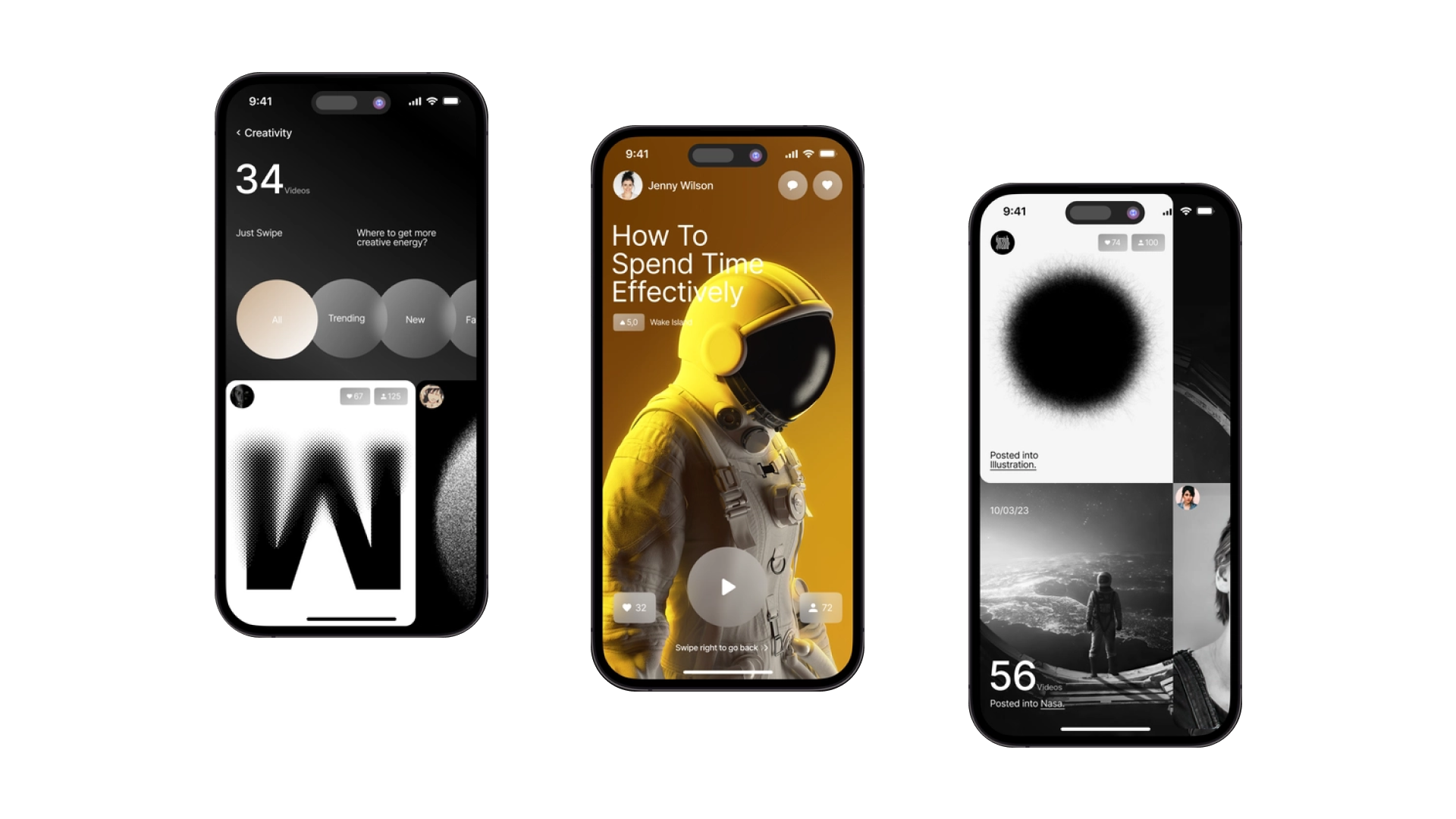
Practical application of blockchain in the multimedia market
Using BlockchainPractical application of blockchain in the multimedia market Using Blockchain
Now that we have dealt with the definition of blockchain technology and its main features, we propose to consider in more detail how it can be used in the field of multimedia. And there are at least five options
Copyright protection
As we have already said, the multimedia and entertainment industry loses up to 24% annually due to digital piracy. Such data is provided by the Center for Global Innovation Policy of the US Chamber of Commerce. In absolute terms, this is about 29.2 billion dollars a year. Of course, such a figure is unacceptable for all market participants.
Blockchain technology has maximum transparency and allows you to quickly and without intermediaries access information about the owner of the content and its use. In simple terms, this will allow you to track who, when and how used the copyright object and take appropriate measures.
However, this is not all. Using the blockchain, content owners will be able to create copies of their product and indicate how it can be legally used. For example, users will be able to download one copy, and the other will only be allowed to be placed on online resources.
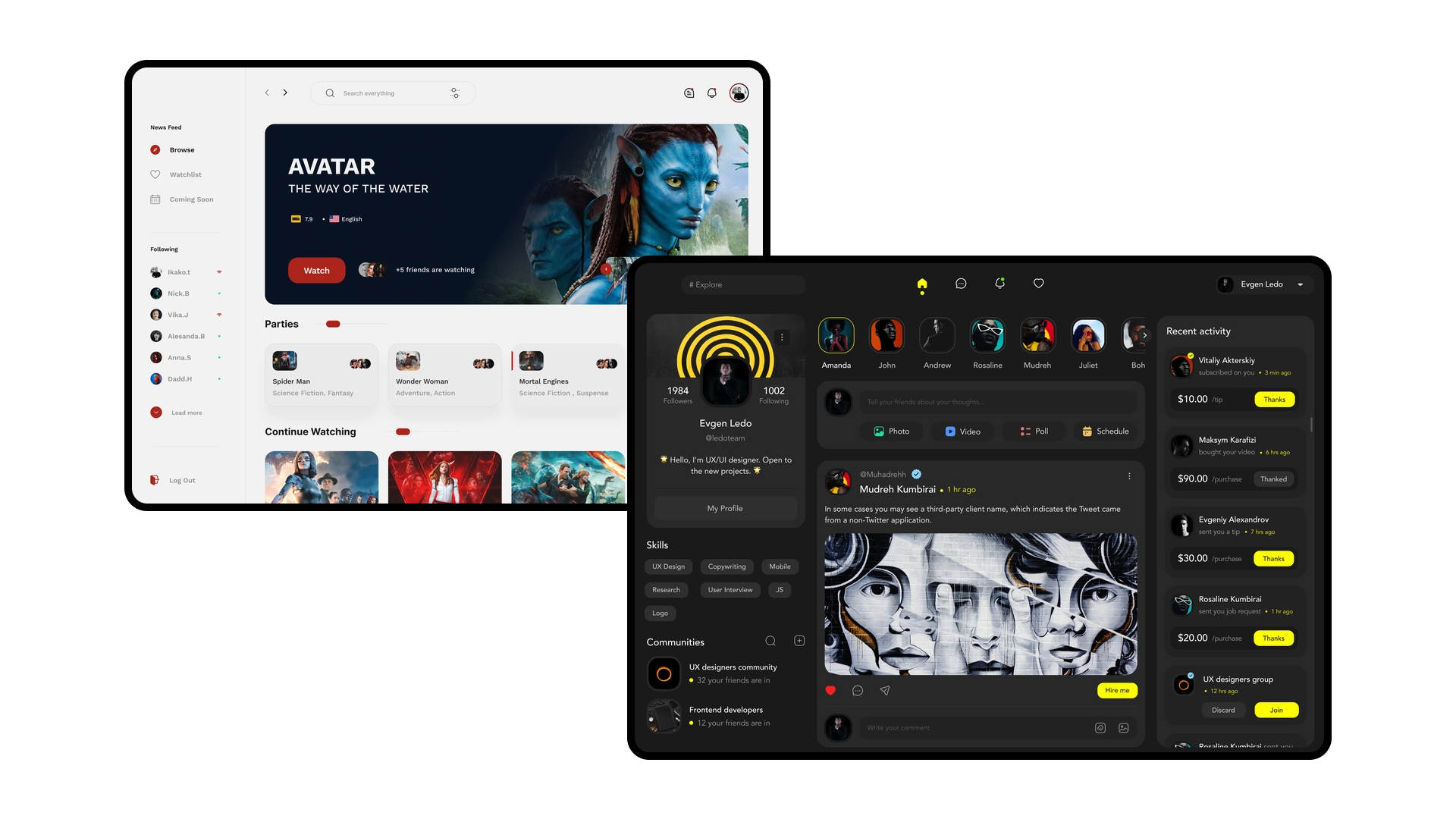
Reducing the cost of intermediaries and organizing P2P content sales
Reducing the cost of intermediaries and organizing P2P content sales
According to statistics, centralized streaming services earn more from content than its authors. For example, the US music industry has revenues of $43 billion a year, with artists receiving only 12% of this amount, while Spotify, Apple Music, Soundcloud and other streaming services receive most of the funds.
The introduction of blockchain technology will make the market more fair to authors — they will be able to independently set the price for using their products and set up smart contracts to accept micropayments directly from consumers. As a result, this will reduce the price of multimedia and, at the same time, will give authors the opportunity to earn many times more.
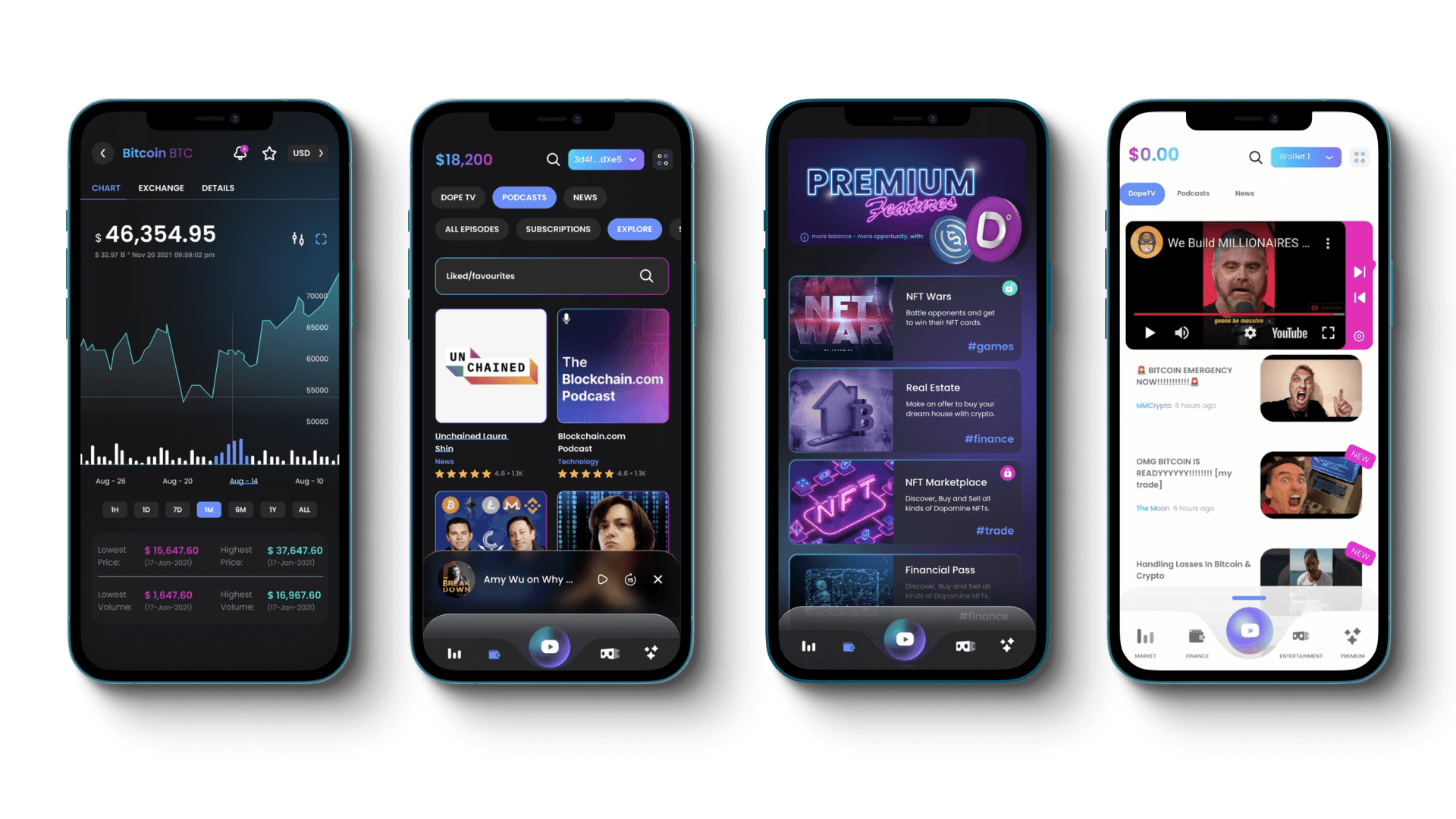
Solution of administrative issues
Solution of administrative issues
Blockchain is capable of automating most of the administrative tasks associated with licensing, payments, and contracting.
As a result, artists and artists will be able to focus on their core job of creating engaging content.
Royalty management
Royalty management
Blockchain gives authors not only maximum control over their content, but also the flexibility to receive royalties. For example, they can install a license both for the product as a whole and for its separate fragment, as well as connect a smart contract that will automatically collect rewards.
At the same time, thanks to reliable hashing and cryptographic protection, the likelihood of illegal use of content is minimized.
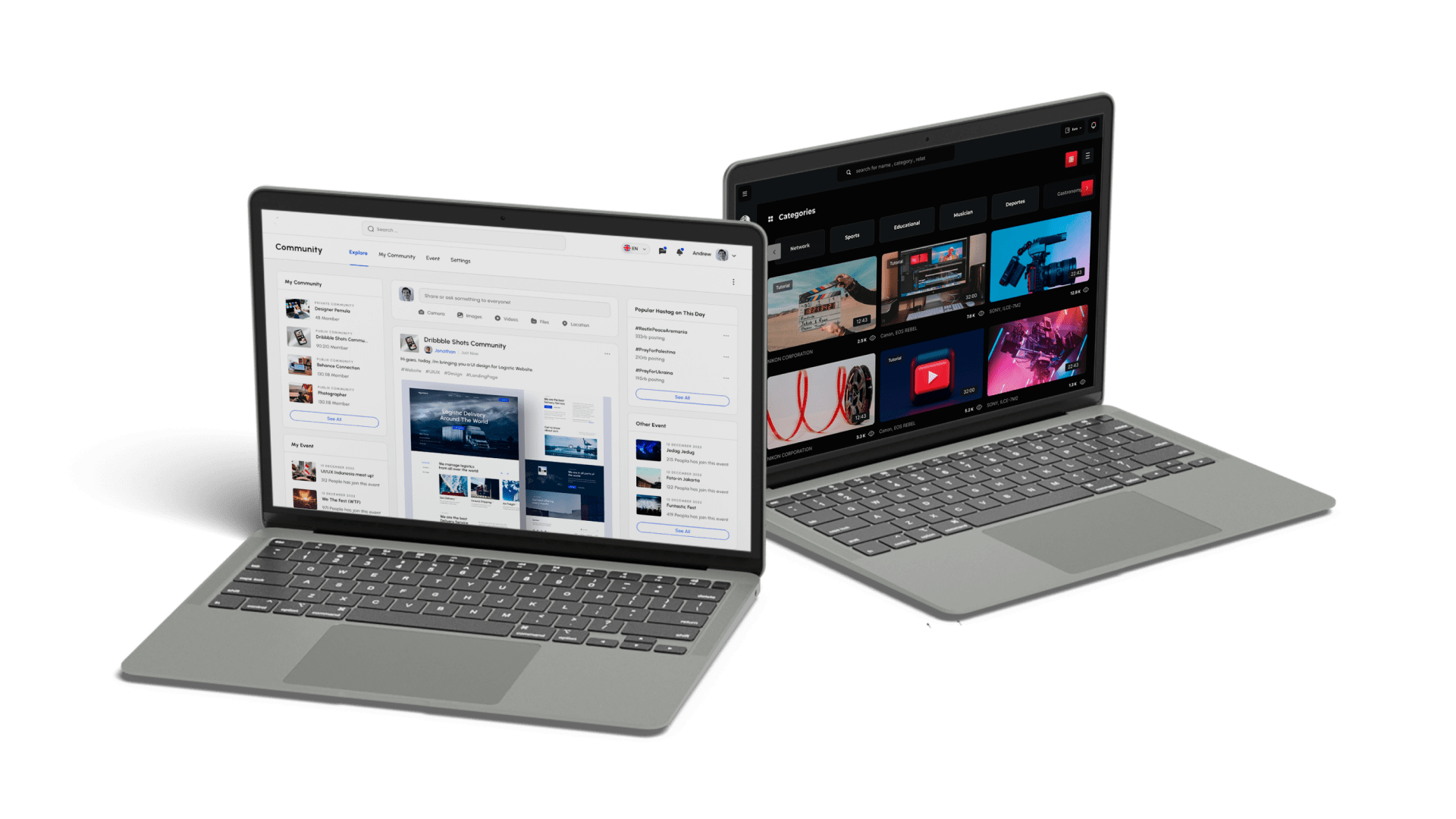
Team and technologies for the development of a multimedia blockchain platform
Team and TechnologyTeam and technologies for the development of a multimedia blockchain platform Team and Technology
Let’s move from words to deeds, and talk about what kind of team will be required to create a viable decentralized platform for storing and distributing multimedia:
- Project Manager is a project manager who manages the budget, deadlines and organizes all the technical work on the project.
- UI/UX designers are specialists responsible for the visual part of the product. They design and render functional and user-friendly interfaces.
- Frontend developers create the client side of the platform that runs in the browser and allows the user to comfortably interact with the server. The front-end stack can include static HTML/CSS/JavaScript technologies or reactive frameworks such as Vue.js and React.js.
- Backend developers – implement the server side of the application, which is responsible for processing requests and providing data to the client at the request of the user. In a multimedia platform, the backend can be written in Java, Python, PHP programming languages, Node.js platform or Django/Flask/Yii2/Laravel frameworks.
- Mobile developers – take part in the development if the multimedia platform is created, including for mobile operating systems.
The stack of such specialists can consist of native technologies – for Android it is the Kotlin programming language, and for IOS – the Swift language, or cross-platform – the Flutter framework and the Dart language.
- Blockchain developers — these specialists are engaged in the creation of a decentralized part of the platform. They design the logic of interaction between authors and consumers, and also implement smart contracts. Their technological stack depends on the chosen blockchain, for example, it can be Solidity, Rust and others programming languages.
- QA engineers – perform platform testing at all stages of development and are responsible for bringing a “prepared” product to the market, in which there are no bugs.
As can be seen from the composition of the development team, the decentralized multimedia platform includes two components – a regular server application and a blockchain part.
Of course, it is possible to build the development so that the platform is completely located in the blockchain, but in practice this approach is not used, since it only brings disadvantages: firstly, due to the complexity of cryptographic calculations, the blockchain is much slower than the server, and this will entail inconvenience for users.
Secondly, all data in the blockchain is immutable, which will make it impossible for any platform improvements in the future.
Development of multimedia blockchain applications in AVADA MEDIA
Development of multimedia blockchain applications in AVADA MEDIA
Today we see that decentralized multimedia platforms have entered the struggle for market share with centralized platforms, and they have every chance of success. This can be attributed to the fact that the blockchain is simply technologically superior to competitors, opening up endless opportunities for content authors and consumers to interact without intermediaries. Therefore, investments in this direction look quite attractive.
Leveraging our experience in developing blockchain solutions, our team will help you design, develop and bring your own multimedia platform to market. We can also provide qualified technical support for the product and its continuous development throughout its existence.
Fresh works
We create space projectsFresh works
The best confirmation of our qualifications and professionalism are the stories of the success of our clients and the differences in their business before and after working with us.
Our clients
What they say about usOur clients What they say about us
Successful projects are created only by the team
Our teamSuccessful projects
are created only by the team Our team
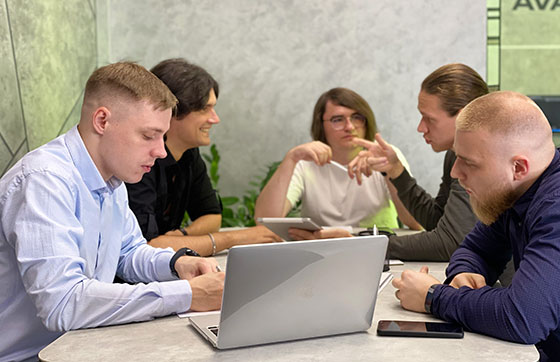
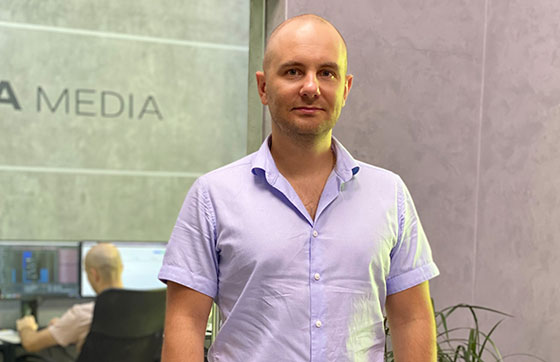
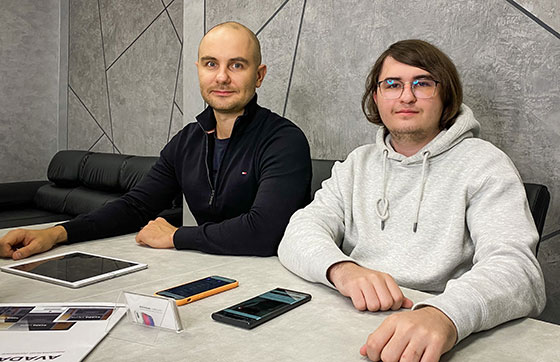
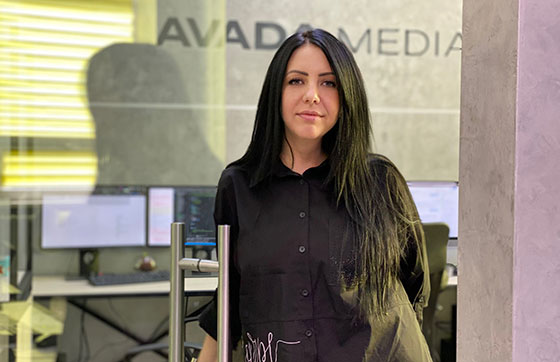
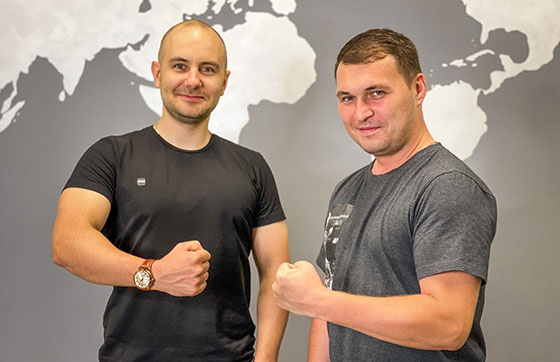
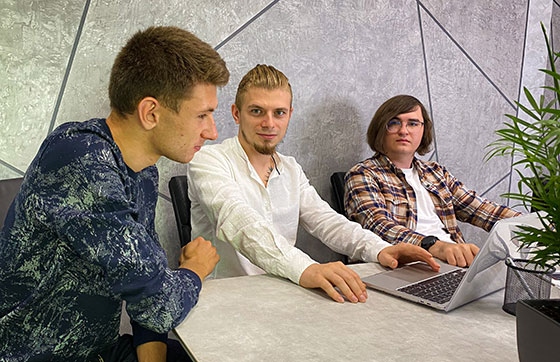
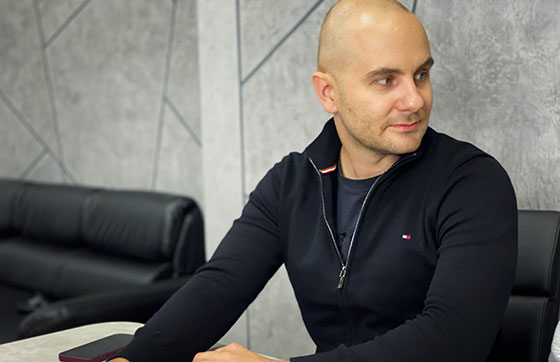
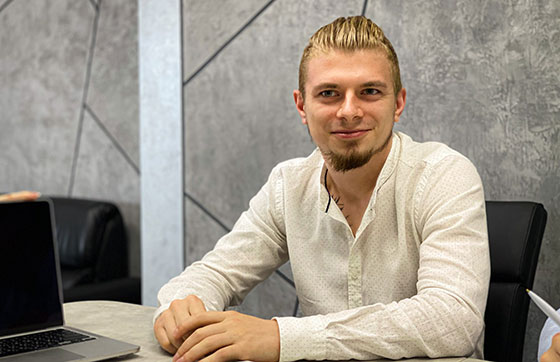
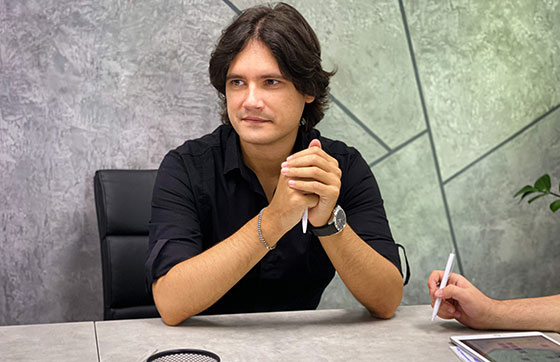

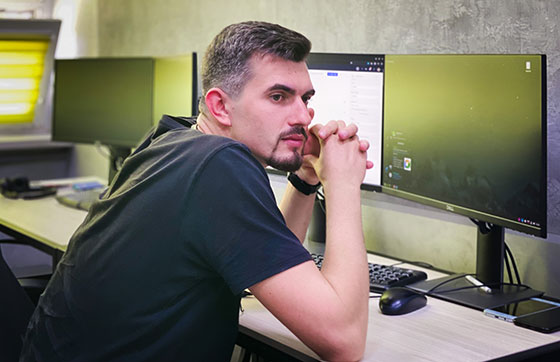
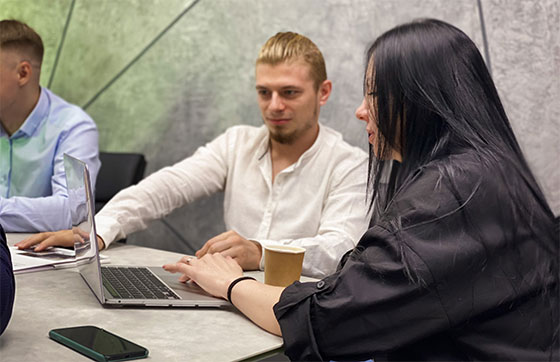
Contact the experts
Have a question?Contact the experts Have a question?
-
Phone:+ 38 (097) 036 29 32
-
E-mail:info@avada-media.com.ua
